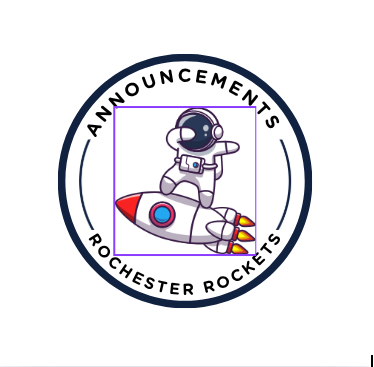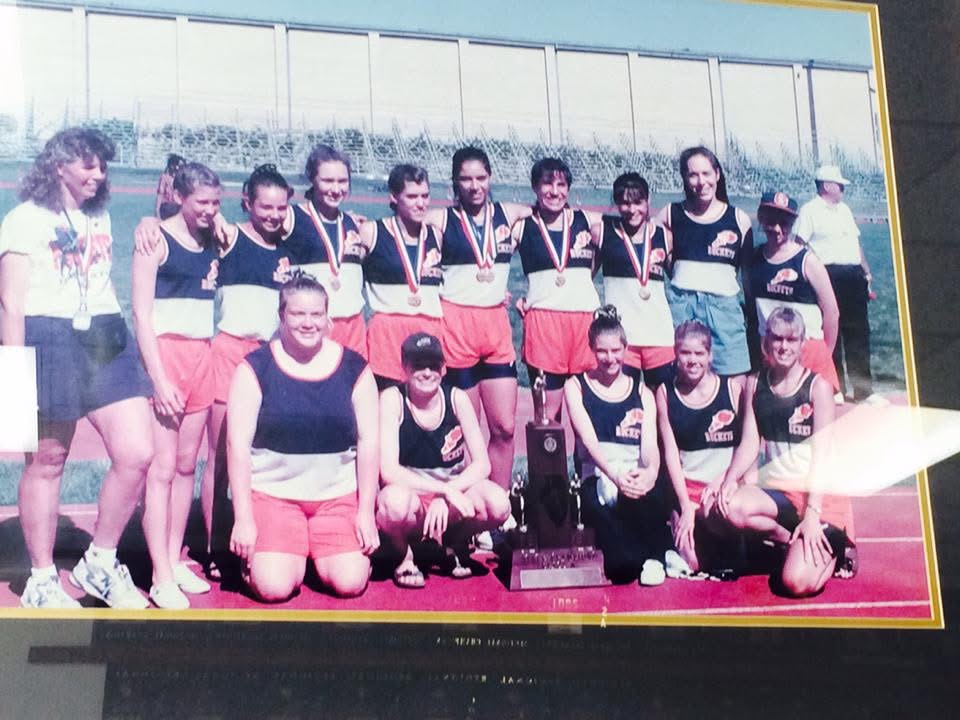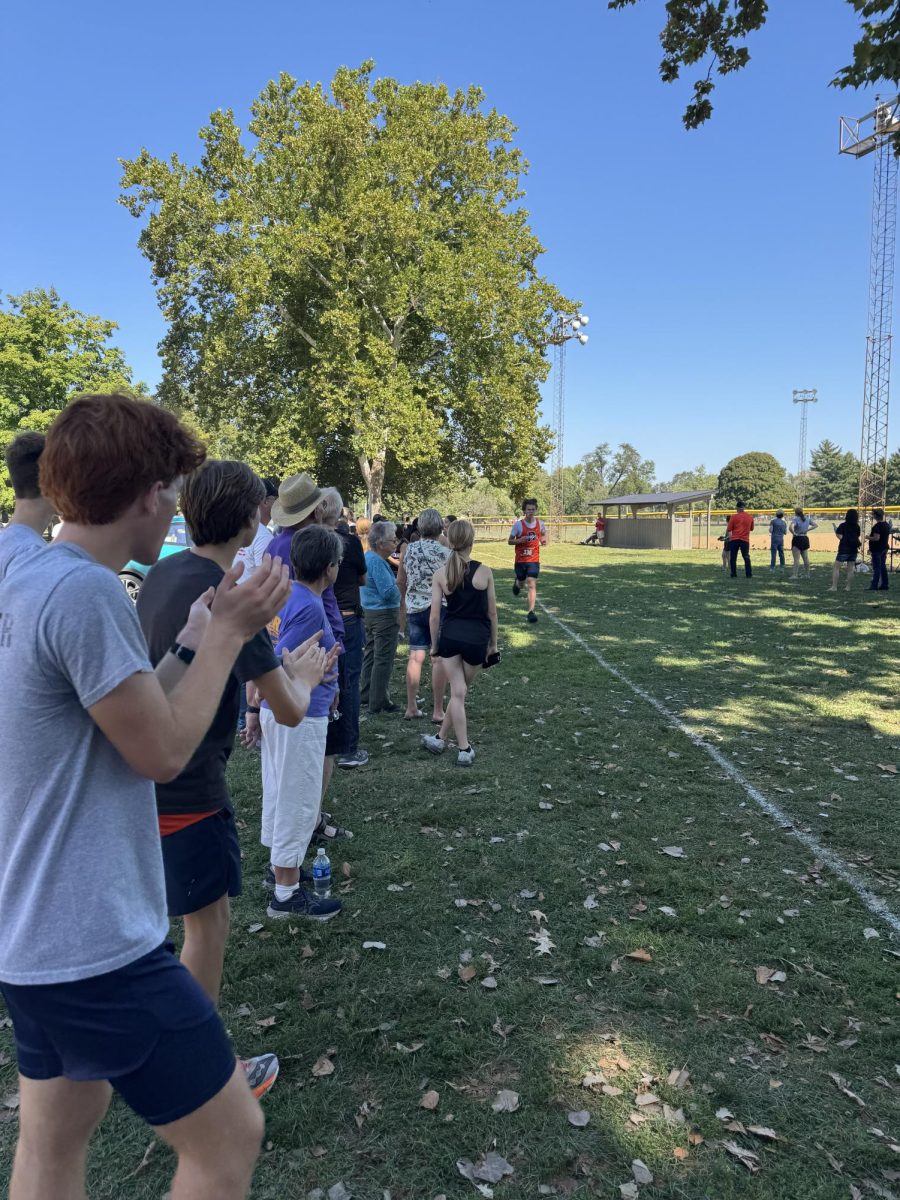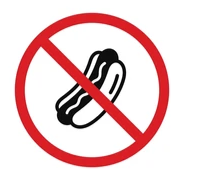Senior year, you’ve made it! Now it is time to prepare for after high school, more specifically, college. It is normal to feel overwhelmed and confused. There is a lot of information thrown out, and it is hard to decipher what is important and what information you should use. The following tips and tricks come from Rochester High School’s Instructional Coach, Traci Johnson, and counselor, Amy King-Mably.
Request Your Transcript
Before you can fill out college applications and start on your Common App, you will need to have your transcript handy. Every high school is different, so obtain your transcript however your school recommends. Many schools turn you to Parchment to order your transcripts.
Requesting your transcript through Parchment has a turnaround time of 1-3 business days. Make sure to plan for the wait time when wanting to start college applications.
*Don’t worry! Parchment says there is an ordering fee for your transcript. The price gets discounted automatically when you check out!
Update Your Resume
Hopefully, you have already started your resume; if not, it’s okay, just start now! Bonus points if you have been updating it too.
Mrs. King-Mably says, “Students should be working on a resume and updating that constantly.” According to Mrs. King Mably, your resume should include: activities, accomplishments, jobs, volunteer hours, etc. You are allowed to brag about yourself! This is supposed to be a document boosting your character.
One thing many students forget to include in their resume is their contact information: email, phone number, and address.
Tip: If you are stuck on what to add to your resume, ask your friends, family, and teachers. I guarantee you they will be able to think of an accomplishment you forgot about or didn’t think was significant enough to include.
Start Your Common Application
Common App is a software that allows you to enter your personal information, academic history, and extracurricular activities. It is very useful if you want to apply to many colleges, so you don’t have to re-enter all of your information multiple times. Common App can be tricky before you get the hang of it!
First, you are going to want to answer all of the general questions it asks you. This will take you a while. It is worth it, though, because then you won’t have to repeat the same questions over and over when applying for colleges.
This is when you need to pull out that transcript and enter your high school transcript. This can be tedious and time-consuming, but luckily, not all colleges require you to manually enter transcripts. Make sure to check under the “My Colleges” tab; this will tell you if the colleges you are applying to need you to manually enter your transcript or not.
When you have finished filling out all of the information and all of your check marks are green, you can move on to your personal statement essay. This is the only piece of writing that the College Admission Counselors will see of yours, so put time, personality, and effort into it.
Letters of Recommendation
Your letters of recommendation are important! How do people view you? How do you act when other people aren’t around?
Common App recommends that you sign the FERPA. This is a document of you signing away your rights to read the recommendations that were written about you.
When ready to ask for recommendations, email the teacher, coach, employer, etc. Make sure to include your resume along with a well-written email. Dr. Johnson says, “Always talk to the teacher before you invite them.” Once you have sent those emails, you can add your recommenders to your Common App account.
Once you select a college you want to apply to, you will see a tab that says ‘FERPA and Recommendations’. This is where you will enter your recommender’s email and contact information.
They will get an email from Common App that you have requested a recommendation from them. From that link, they will be able to attach the letter of recommendation they have written about you.
Personal Statement Essay
Your personal essay is arguably the most important part of your application. This is the only thing you are submitting that demonstrates your writing ability in addition to telling admissions counselors who you are and what you stand for.
So, what do you write your essay about? It really can be about anything important to you. This could be a non-negotiable you have, a life lesson you have learned, or just a story about what makes you, you.
Overall advice from Dr. Johnson: “Your article needs to be specific and not cliché. You can write about a common topic, but make sure you tie it back to you and how it relates to who you are. If you are stuck, run your thoughts by Dr. Johnson or another supervisor. Sometimes, just speaking your thoughts out loud will make something click. She recommends writing without looking at the word count, and then you can go back and clean it up later.”
Applying
It is time! All of the steps you completed above are the pieces, and now you are going to put the puzzle together. Go through each college and select if you want to submit your essay to the college (some require an essay submission). Some schools will have additional questions you will have to answer before submitting the application.
The last thing you need to do is pay the application fee. Not all colleges have an application fee, but some do. Once you’ve submitted your application and your payment, you will get a confirmation email in your inbox that your application has been successfully submitted.
You did it! Now, sit back and relax for a couple of weeks until you get that acceptance letter!
Important Dates:
(October 1, 2025) FAFSA Opens
(October 2025- November 2025) Early Action
(October 2025 – November 2025) Early Decision
(January 2025 – February 2026) Regular Decision
(May 1, 2026) National College Decision Day
*Keep in mind, some schools are exceptions to these dates; make sure to research the schools you are applying to and their dates.















